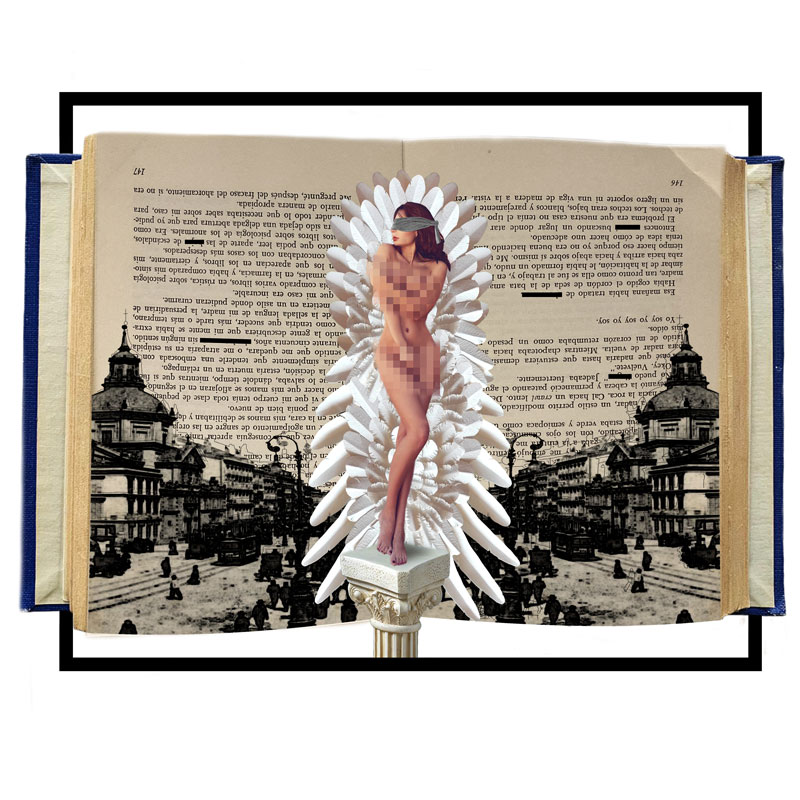Peoples Choice 2021 (tied)

| Submitted by: | Sofia Monzon |
| Collaborator: | Maria Jesus Monzon |
| Department: | Modern Languages |
| Faculty: | Arts |
What are the connections between censorship and translation? Studying the intersection of censorship and translation helps us define the power dynamics lurking in the circulation of literature. My research focus on literary exchanges that took place between North America, Spain, and Argentina (1950-1980). I analyze the Spanish translations of Sylvia Plath’s and Anaïs Nin’s The Bell Jar and Delta of Venus, as both were deemed morally subversive because of the sexual content they describe.
Due to the censorship mechanisms the two Spanish-speaking countries established, they are ideal contexts to investigate how literature travels by means of translation under authoritarian states. Censoring and translating are affective acts: they combine power, manipulation, and the adaptation of the other. Thus, studying the intersection of censorship and translation under dictatorial regimes offers the opportunity to approach this research through the lens of affect theory. This means underlining the interplay between literature, the emotional, and the political, as the image depicts through a censored translation of The Bell Jar, and a blurred, blind Venus standing in between such circulation.
